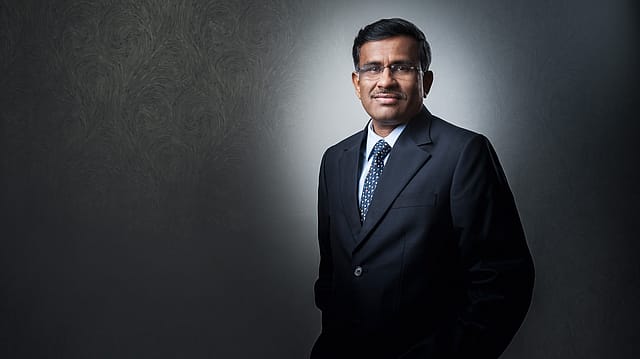Vikram Limaye: Strong ties are critical
ADVERTISEMENT

When I joined the National Stock Exchange (NSE) in mid-July 2017, it was not the best of times. The NSE, an institution that had played a critical role in transforming and building trust in India’s capital markets, was embroiled in a regulatory issue for the past few years. Its managing director and CEO had resigned abruptly, and it was running without a CEO for six months.
My immediate priority was to forge stronger ties with all stakeholders, from the government to the regulator, from shareholders and the media to market intermediaries, and most importantly, our employees—a critical asset of the NSE. Accessibility and humility were important to bridge differences. I put in place a framework of open communication and access for all stakeholders. NSE employees were able to block my calendar and meet me and share information and views.
It was also important for me to assess the team’s talents, its strengths and weaknesses, identify gaps, initiate key hires and encourage existing employees to collectively contribute and give their best performance. We also developed a three-year strategic plan so that there was clarity of direction for the organisation.
The NSE’s is a story of success of a home-grown Indian brand that stands for entrepreneurship and professionalism. The NSE being a proxy for the nation’s development story, also shoulders a multi-dimensional role of being a frontline regulator, responsible for market development and playing the role of an educator. We continue to maintain a sharpened focus on risk management which will help in identifying and controlling any practices that affect trust in markets, and threats to our processes, digital assets, data, and information.
We are continuously investing in cutting-edge technology. Our recently-inked post-trade technology pact with the Nasdaq for customised real-time clearing, risk management and settlement technology, with an aim to manage the evolving ecosystem efficiently, is ample testimony.
And finally, we seek to generate shared value for the community and create an ecosystem which benefits people in many areas—water, sanitation, elderly care, and education. Ultimately, a company’s worth is based not only on how much money it makes, but also on the impact and value it creates for society.
( This article was originally published in the September issue of the magazine.)